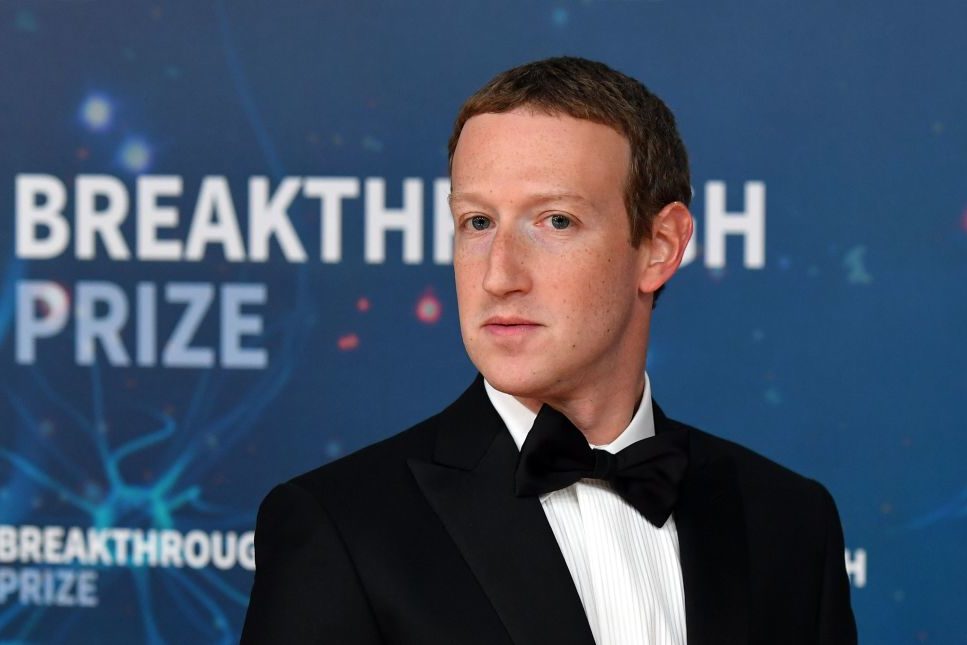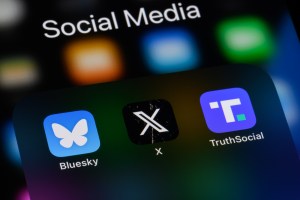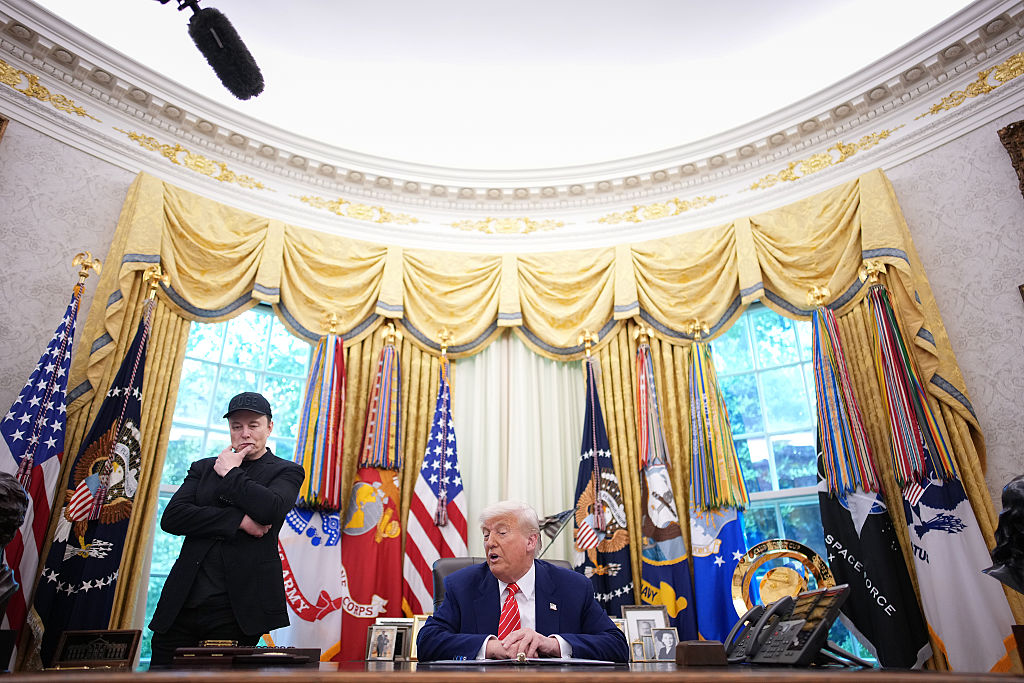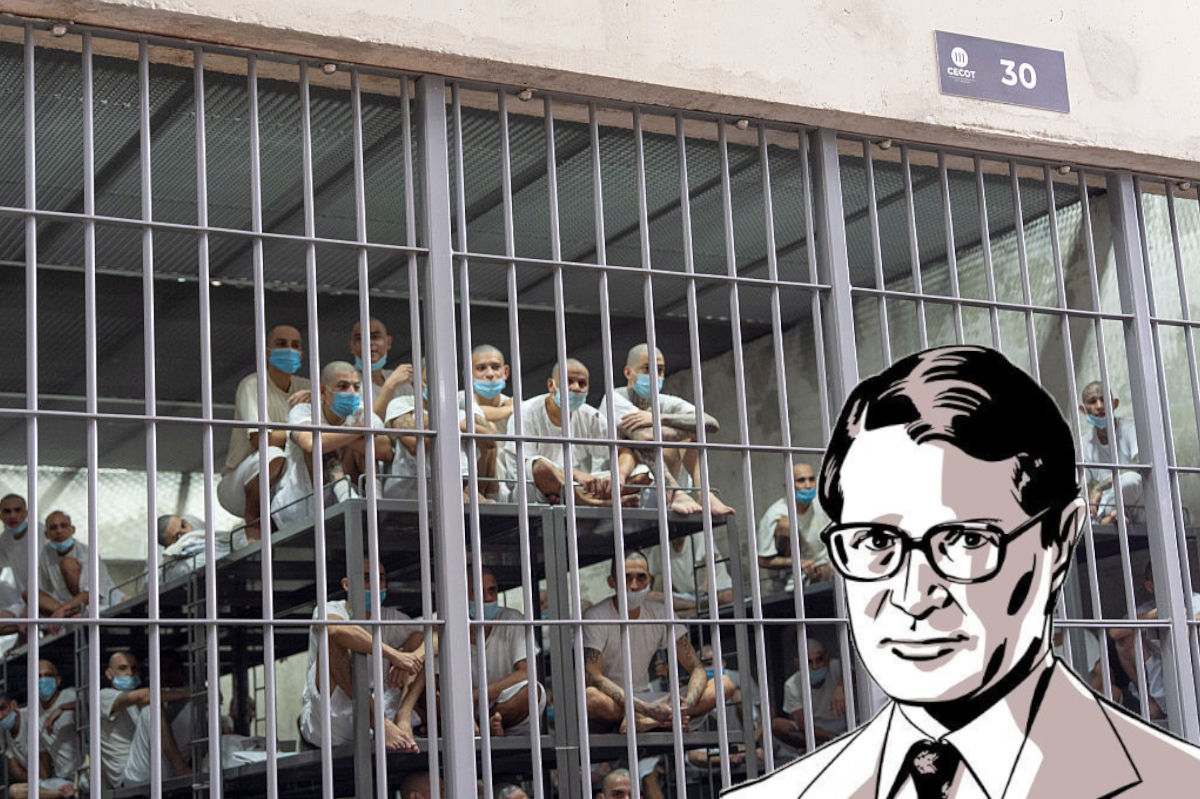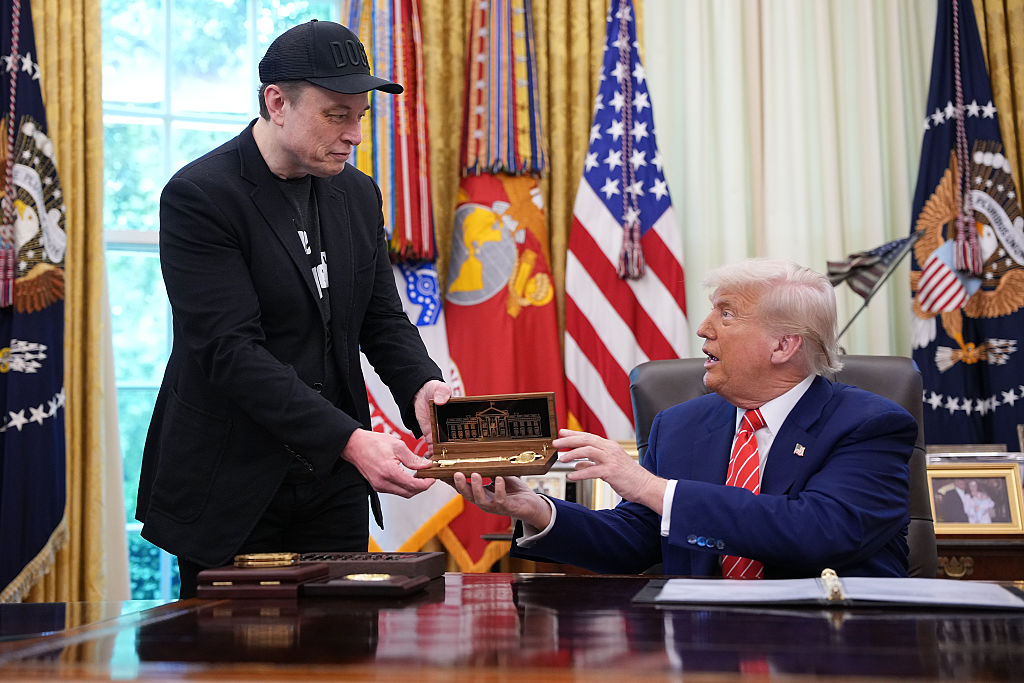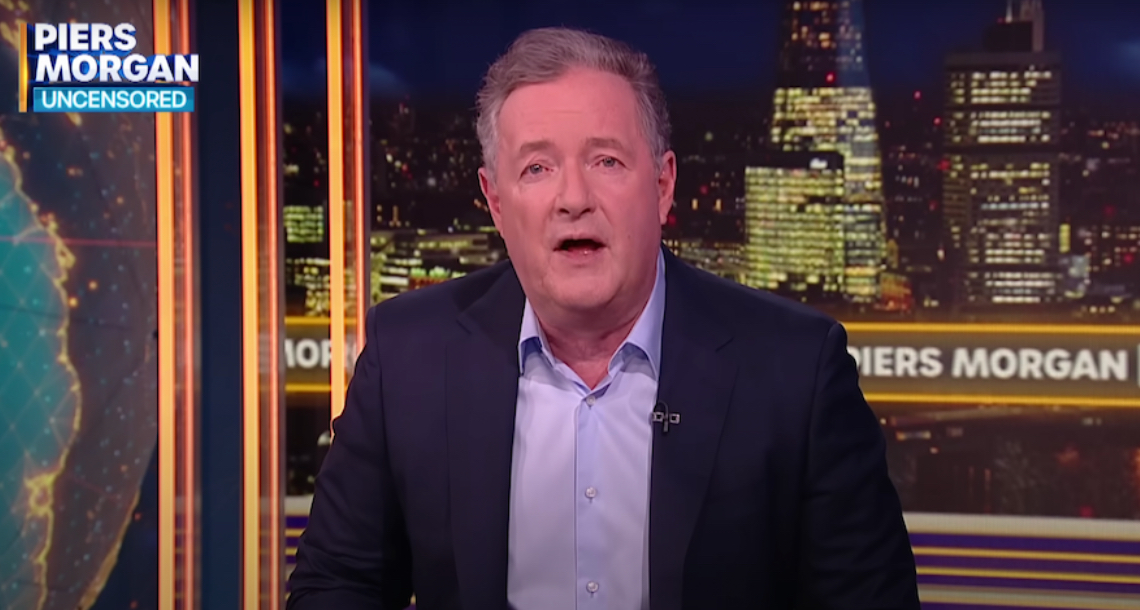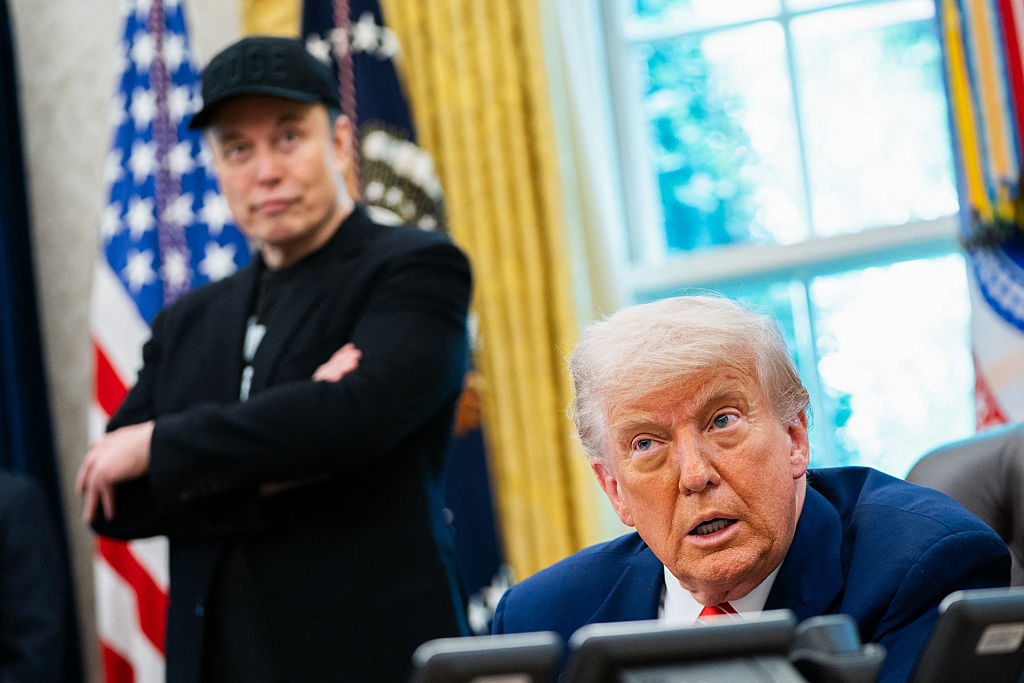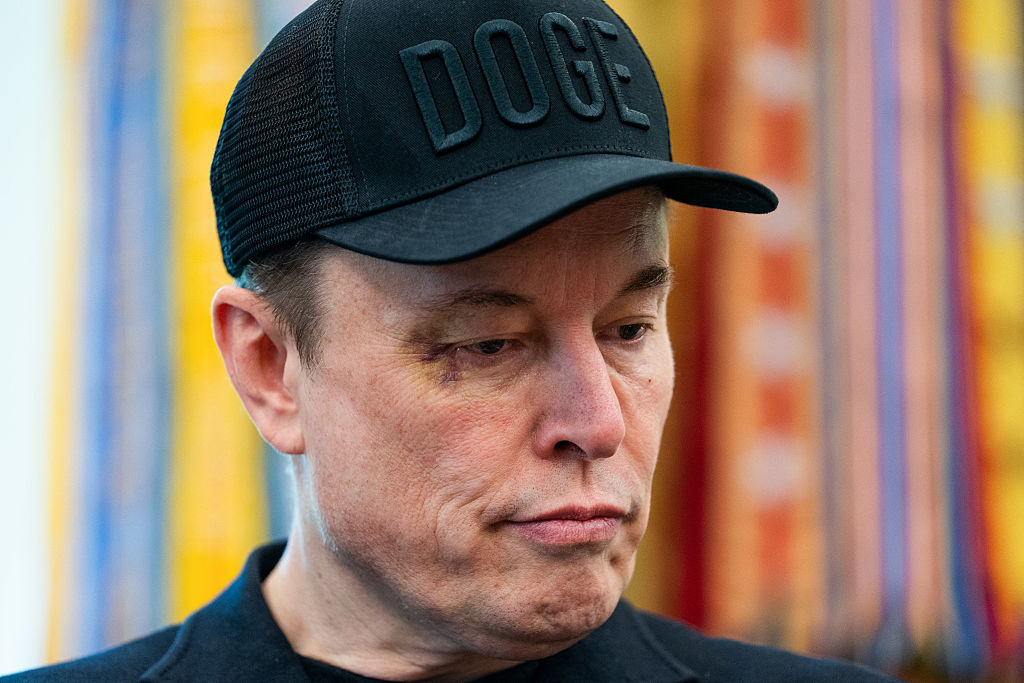When the coronavirus pandemic hit, some industry pundits predicted that the ‘techlash’ — the souring of public opinion on huge technology companies like Facebook and Google — would cool off or even disappear entirely. After all, with everyone cooped up at home, surely we’d develop a newfound appreciation for the technologies that became the only way to connect with others?That was short-lived. Following extraordinary social pressure amid this summer’s heated civil unrest, an advertiser boycott of Facebook has taken hold. Under the moniker Stop Hate For Profit and backed by the Anti-Defamation League and NAACP, brands from Starbucks to Unilever to Coca-Cola have bravely pulled ads from Facebook for the month of July. Some are going further by pausing Facebook advertising indefinitely or pulling it from other sites like Twitter and YouTube. The campaign claims that Facebook ‘allowed incitement to violence against protesters fighting for racial justice in America’ and ‘turned a blind eye to blatant voter suppression on their platform’.The move seems extraordinary given how good ad execs have been at talking a big game about ‘brand safety’, usually in the form of moralizing remarks onstage at pricey industry conferences that never result in legitimate action. Who remembers the brief YouTube ad boycott in 2017? Cockburn barely does.But here’s the dirty secret: Facebook ads didn’t really work all that well in the first place, and anyone in the ad industry with half a brain already knew it. People are naturally more receptive to ads when they’re, say, watching TV in the living room and are the captive audience of a single episode of Family Guy, as opposed to a congested news feed of dog photos and conspiracy theories from boomer relatives. We’ve been aware of this for a while: back in 2010, Pepsi made a big deal out of not running a Super Bowl ad, instead funneling money into an unprecedented social media blitz. The following year they were right back to spending huge amounts of cash on a single ad during a football game.
[special_offer]
What’s more, Facebook also has a history of being caught fudging its numbers. Last year, it had to pay a comically low $40 million fine for lying about video views. Their dishonesty had been devastating for the Cockburn’s friends (and nemeses) in the news industry; several newsrooms had completely restructured (read: layoffs) around the idea that video content distributed through social media channels would be the future of their business. But, rooted in Facebook’s fuzzy numbers, the ‘pivot to video’ never bore fruit. The same outlets then laid off the video teams they’d hired.To Cockburn, it seems the brands pulling ads from Facebook are getting woke capitalist cred for something they frankly should have done a long time ago. The site was a mediocre destination for ads in the first place, and the company has jerked around and deceived the media and advertising industries one too many times. Given that reality, social justice looks like more an excuse than a cause.



